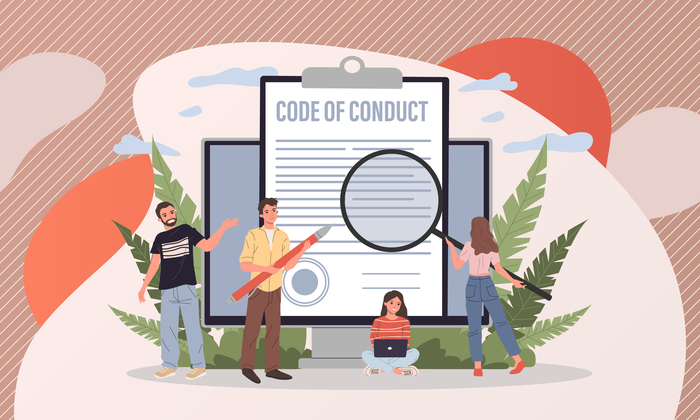Media Ethics
What is media Ethics?

Media ethics explores different types of ethical principles and standards of media. This includes the internet, broadcast media, videos, etc. its purpose is to guide us to make a positive impact through our decisions and actions.
Based on the video I watched by The Guardian regarding the Cambridge Analytica scandal, Christopher Wylie a former SCL employee explained how the company used apps on Facebook to “change their audience behavior”. They did this by tricking people into joining the app and then harvested data from the people who not only used and joined it but also their friends on Facebook. They would use a specific type of message over and over again until they started to change their consumer’s minds, without their knowledge.

This is why I believe that when looking at different articles, statements, and social media posts it is important to check whether or not that those statements are facts or opinions. A lot of the time these “facts” are mostly based on others’ opinions. In this day and age, a lot of people don’t check if statements can be proven or verified.
An example of this would be the Coronavirus outbreak. During the first lockdown, a lot of people were creating fake websites with fake information and sharing them on social media. Which caused a lot of panic, stress, and anxiety to a lot of people. No one was thinking right and no one went out of their way to make sure facts were correct. Even I was guilty of checking on social media for updates.
Dark patterns are designed are to also trick us into doing things we might not want to do. This is very common in the modern-day with things like websites, games, subscriptions, etc. From personal experience there have been times where I joined gym memberships and subscriptions, and even though it was very easy to join it was incredibly confusing to cancel some even making you pay extra to leave. This has been an ongoing issue for as long as I can remember.
I also want to bring up an interesting theory called “influencer marketing” which was one of the four tactics used by Edward Bernays. This theory believes that there's a pyramid-type scheme used to influence us. E.g. Using an influential higher up (in many cases a Celebrity or a powerful politician) to share specific information with their followers and then their followers spread that information to people they know like friends and families.
Often they use this tactic to promote products. I believe that this generation is deeply affected by this theory. Especially in this day and age a lot of us look up to influencers and celebrities, myself included as I have brought products like haircare and detoxing teas just because an influencer I trust and follow recommended it. The media knows that influencers have a lot of influence which is why they are often asked to promote products.
Last week we were asked to look at McLuhan's famous quote “the medium is the message” and write in our perspective what it meant, In which I wrote “the media is the messenger because we all use the media for information. Although there is some truth to that I now realize that the quote is so much deeper than that.
The way we send and receive information is so much more important than the actual message itself. E.g Mc Donalds with their famous “I’m lovin it” slogan. There is just something about these small messages that tend to stick better in your head, compared to traditional ads where you are most likely to skip it and go about your day.
Minisode - The Medium is the Message
What is the Cambridge Analytica scandal?
How Dark Patterns Trick You Online
Comments
Post a Comment